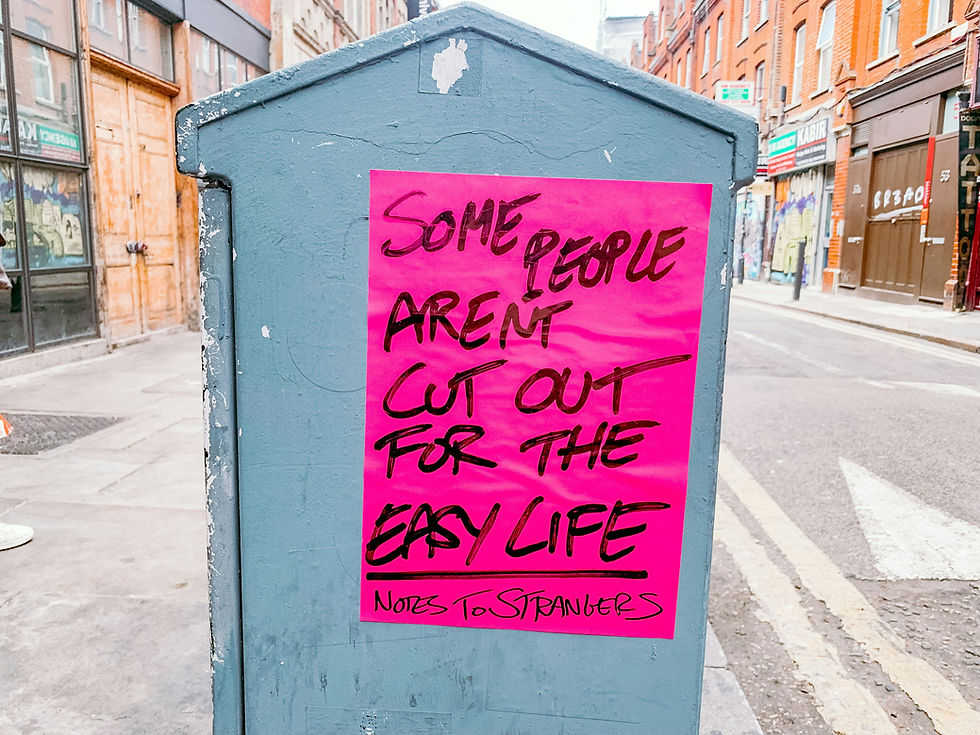Man, Myth, Legend – Heroes have a thousand faces
- Martyn Foster

- Apr 3, 2020
- 2 min read
We are storytelling creatures, and of all the archetypes, the “Hero” archetype is probably the most universally known and loved across all mediums of storytelling, but it is the unique means of video games to actively construct the hero which has propelled the myth into the 21st century.
Video games are still not quite there in gaining legitimate mainstream attention and respect as an art form like film, books and other forms of literature. However, with gaming’s intake being active rather than passive, it’s placing the person in the story, you are living vicariously through the hero character, in essence you are the character, controlling them and shaping the story outcomes (depending on how linear the narrative is).

I am a complete sucker for a really good single-player story-driven game, and most of these have well written and developed story arcs for their hero characters. Geralt of Rivia (The Witcher 3), Kratos (God of War), Ezio di Auditore (Assassin’s Creed), Nathan Drake (Uncharted), are just a few notables which spring to mind without much thought. Some video game protagonists may be more of an antihero, I think you could make that case with Joel from The Last of Us, or you’ll watch the transformation to hero status at the culmination of the story, such as with Arthur Morgan in Red Dead Redemption II, I feel. These are your modern day “heroes” which you venture out on beautifully crafted mighty and mythical journeys with.
“When Alexander saw the breadth of his domain, he wept, for there were no more worlds to conquer” (indeed, Hans) and whilst we still have a need for adventure and heroism, it seems the only worlds we have left to conquer are the virtual worlds, which provide the perfect battleground for competition, challenge, mastery and exploration. This is another reason for the popularity of video games, it gives people opportunities to do things they otherwise may lack in the real world.

One of the main drawcards for me to the Assassin’s Creed series has been the way they have woven in mythology (and history) into their storylines. ‘Brotherhood’ had elements of Roman mythology, ‘Origins’ was sun-soaked in Egyptian lore and ‘Odyssey’ was swimming in Greek mythos, which led to a pretty immersive and fantastical experience. To me, this is a great example of utilising new technologies to introduce a new audience to “ye olde” stories.
Such a resurgence in exploring mythological themes and archetypal characters began in the 20th century thanks largely to the works of Joseph Campbell and Carl Jung. Mythological language speaks more in terms of metaphors and symbols about the potentialities for human beings transcending across time and space…Yes, but in English please, Martyn. Okay, the organisation of images and narratives into the possible new versions of old universally fundamental stories.

Joseph Campbell’s articulation of the circular nature of the hero myth as outlined in “The Hero with a Thousand Faces”, provided many artists with inspiration and the tools to seek the mysteries of being from within, including a certain George Lucas who made a little series of films called “Star Wars”, don’t know if you’ve heard of them.
So, may the force be with you and remember that even though you’re staying home, you can still have an adventure and be a hero!



I'm working on being more concise! haha
Not only written "in english" Martyn but shorter too ;-)